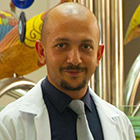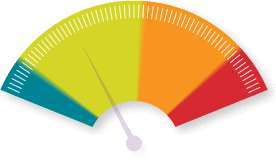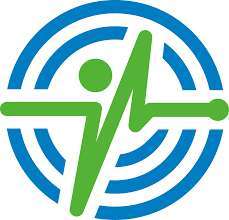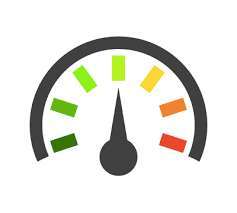Fasting After the Obesity Surgery
Persons who had an obesity surgery should avoid long-term fasting. Even if there is a feeling of hunger, there will be insufficient food intake, since the stomach capacity is limited. Especially in the first year after the surgery, it is so important to have intake vitamins, minerals, and fluid regularly. After a long fasting period, some absorption disorders or malabsorptions might occur. Therefore, first 12-18 months after the surgery, fasting is not recommended medically. 24 months after the surgery, the patient can fast in consulting with his or her doctor.
What should be considered is not to that one had bariatric surgery cannot stay hungry, but the problems and nutritional inadequacy in the digestive system after long-term fasting. People who have sleeve gastrectomy surgery can tolerate feeling hunger more easily because their hunger hormone (ghrelin) level is lower than their pre-surgery period. However, the restrictions such as eating rules that separate solid and liquid foods, limited amount of food that can be eaten in one blow, and not drinking a large amount in a single action may causes some problems such as dehydration, muscular atrophy, dysmnesia, dizziness, blackout, and weak immune system to people who lost weight fast.
According to religious officials we consulted, fasting would not be religious duty because for people who have a bariatric surgery, because it would cause health problems. For this reason, they say that these people can fulfill their fasting by giving fitre. (fitrah or fitra).













